On Friday, defense chiefs of the Economic Community of West African States (ECOWAS) finalized plans to use force against Niger's military government if ousted President Mohamed Bazoum and his government are not restored.
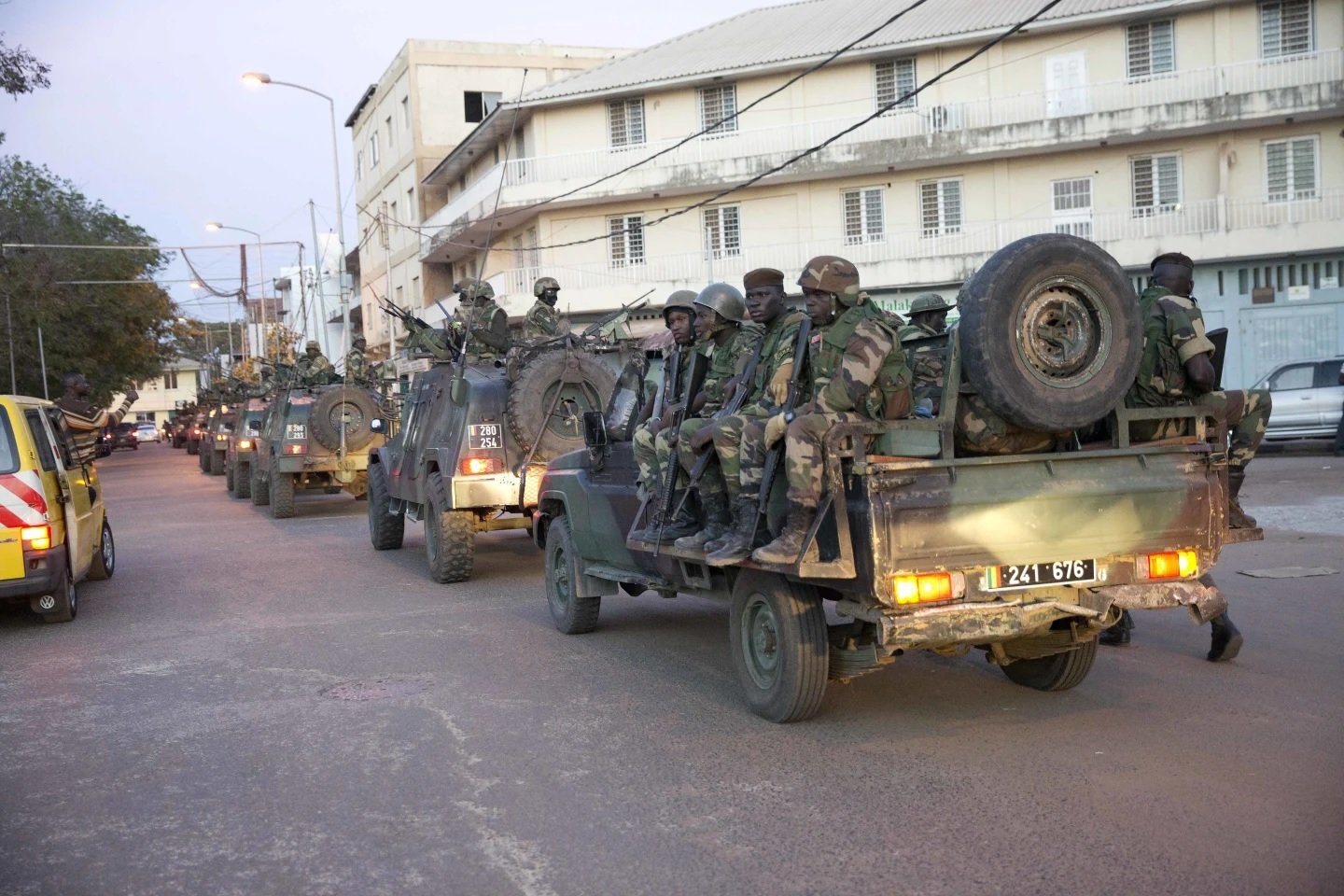
ECOWAS troops carried out a military intervention in Gambia to quell a coup in the country in 2017. Photo: ECOWAS
An ECOWAS delegation traveled to Niger but was unable to meet the coup leader, General Abdourahmane Tchiani, who later declared that any act of aggression against Niger “will be met with an immediate and unannounced response”.
ECOWAS's decision to intervene militarily
This would be the first time in years that ECOWAS has decided to quell a coup in West Africa, which has seen several successful coups since 2020.
“The events of the past two days make military intervention a real possibility,” said Nathaniel Powell, an Africa analyst at geopolitical intelligence firm Oxford Analytica. “And if the Nigerien military resists ECOWAS intervention, it could be truly catastrophic.”
ECOWAS's military action is expected to cause great division as not all countries in the region support this solution, in which Mali and Burkina Faso, which border Niger, even announced that they chose to side with the Niger military government and would resist ECOWAS's intervention campaigns.
On Saturday, the Nigerian Senate advised the country’s President Bola Ahmed Tinubu, who also holds the current ECOWAS chairmanship, to continue to explore other options other than the use of force to restore democracy in Niger, noting the “existing cordial relationship between Nigeriens and Nigerians.”
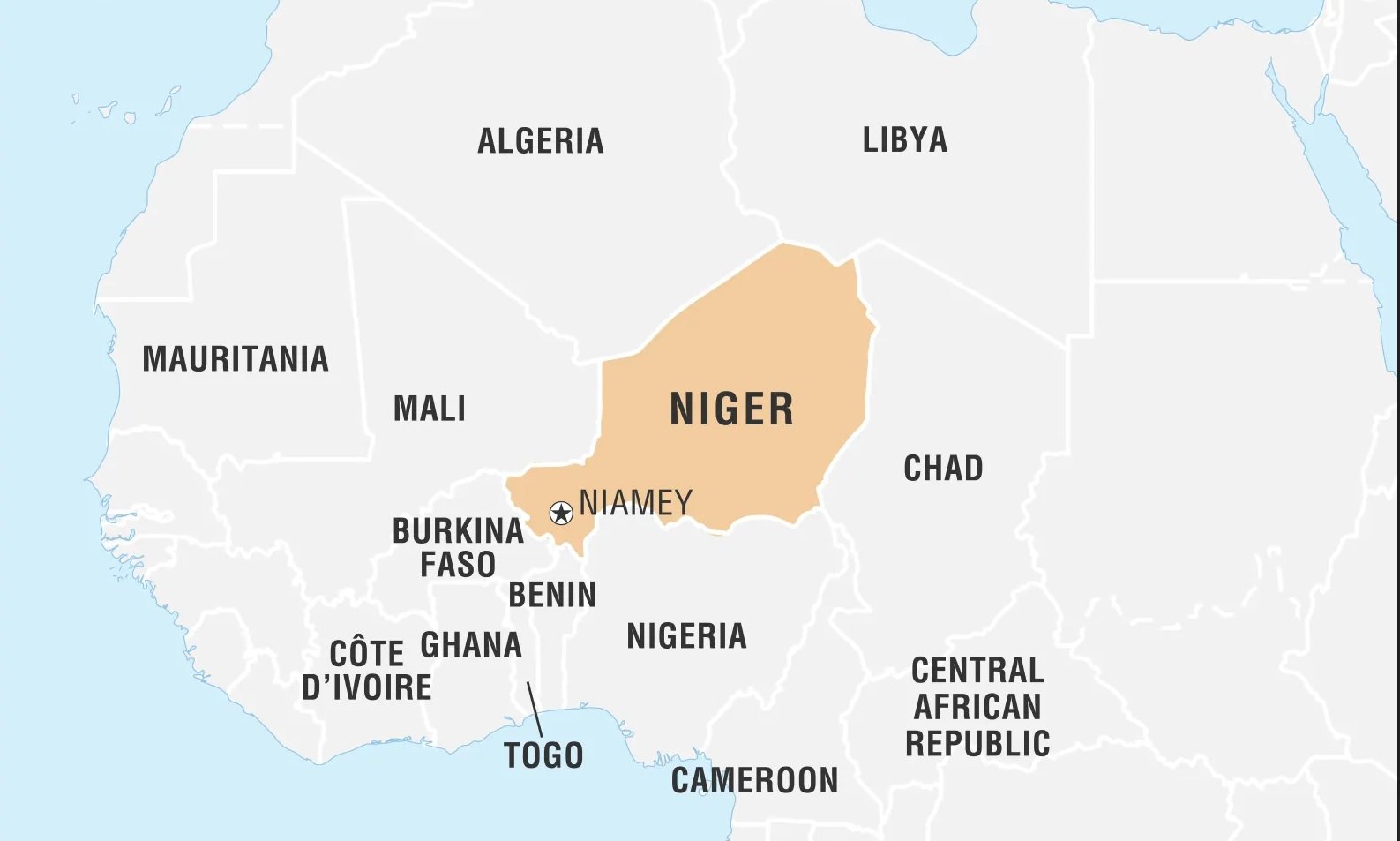
Map illustrating Niger and countries in the West African region.
It should be noted that some of Niger’s neighbors, such as Chad, are favoring a negotiated solution. Algeria and Libya, meanwhile, are not members of ECOWAS, which would affect any overland military intervention across Nigeria’s 1,600-kilometer border with Niger.
Strategy and balance of power of the parties
It is unclear what a strategy for military intervention on the Niger mainland would look like, but the country has some territorial advantages.
With a population of 25 million, Niger is West Africa's second-largest country by area, spanning 1.26 million square kilometres - hundreds of times the size of Gambia, where ECOWAS last intervened militarily in 2017.
Leading the anti-coup effort in Niger is longtime ally Nigeria, which has the largest military force in West Africa with 223,000 troops – 22 times Niger’s 10,000, according to World Bank Open Data. It is also four times the size of Burkina Faso, Mali, Guinea and Niger combined.
In Niger, some believe that military intervention could involve air strikes. However, with President Bazoum still in detention, he could become a hostage for the military government to use to pressure ECOWAS for military intervention.
Therefore, the implementation of the intervention strategy from Nigeria by land would have to pass through a virtually uninhabited area where more than 200,000 refugees are fleeing violence in northern Nigeria.
Niger’s international airport in Niamey is just 12 kilometers from the presidential palace where Mr. Bazoum is being held, which could also complicate ECOWAS’s air strategy. The country has two other international airports, including one in Agadez, where the U.S. military operates a drone base.
The danger of a proxy war
The latest military coup in West Africa is particularly worrying for the West, which sees Niger as its last remaining strategic partner in the fight against terrorism in the Sahel. Niger is also important to global markets on many fronts, including its 5% share of the global uranium supply.
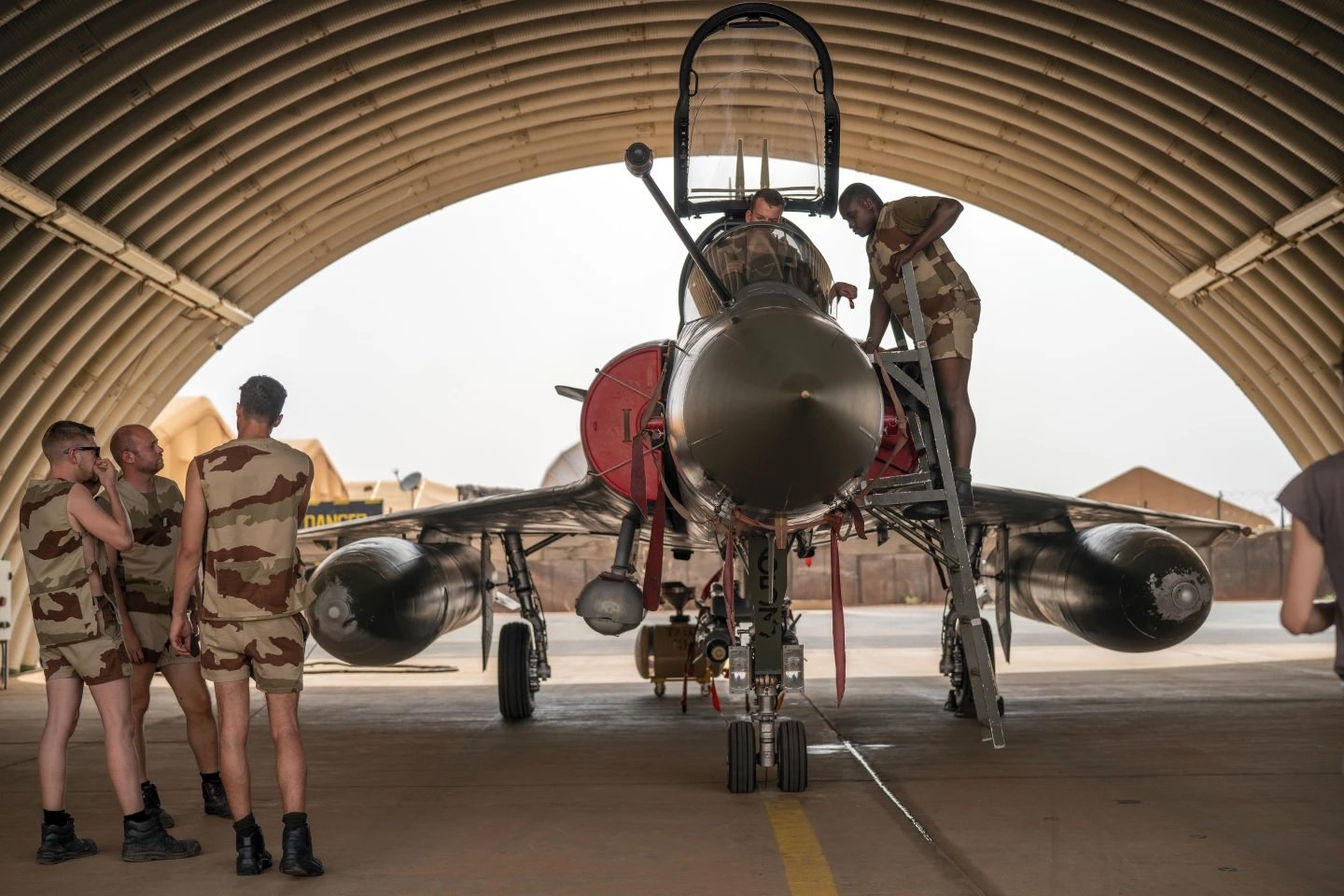
France and the United States were two important allies of Niger's former elected government. Photo: AP
Nnamdi Obasi, a senior adviser at the International Crisis Group, warned that a military intervention “could also deteriorate and become a proxy war between forces outside Africa, those advocating for the restoration of democracy and those supporting the military regime.” And if that happens, Niger could add to the global instability that has already roiled the world over the war in Ukraine.
As is well known, the United States and France have been long-time allies of the recently overthrown democratic government in Niger. Meanwhile, the Niger military coup group is receiving support from the powerful Wagner mercenary group, as well as being considered allies by the military governments in Mali and Burkina Faso.
Unforeseen consequences
There have therefore been concerns that any fighting in the event of ECOWAS military intervention would not be limited to Niger's capital.
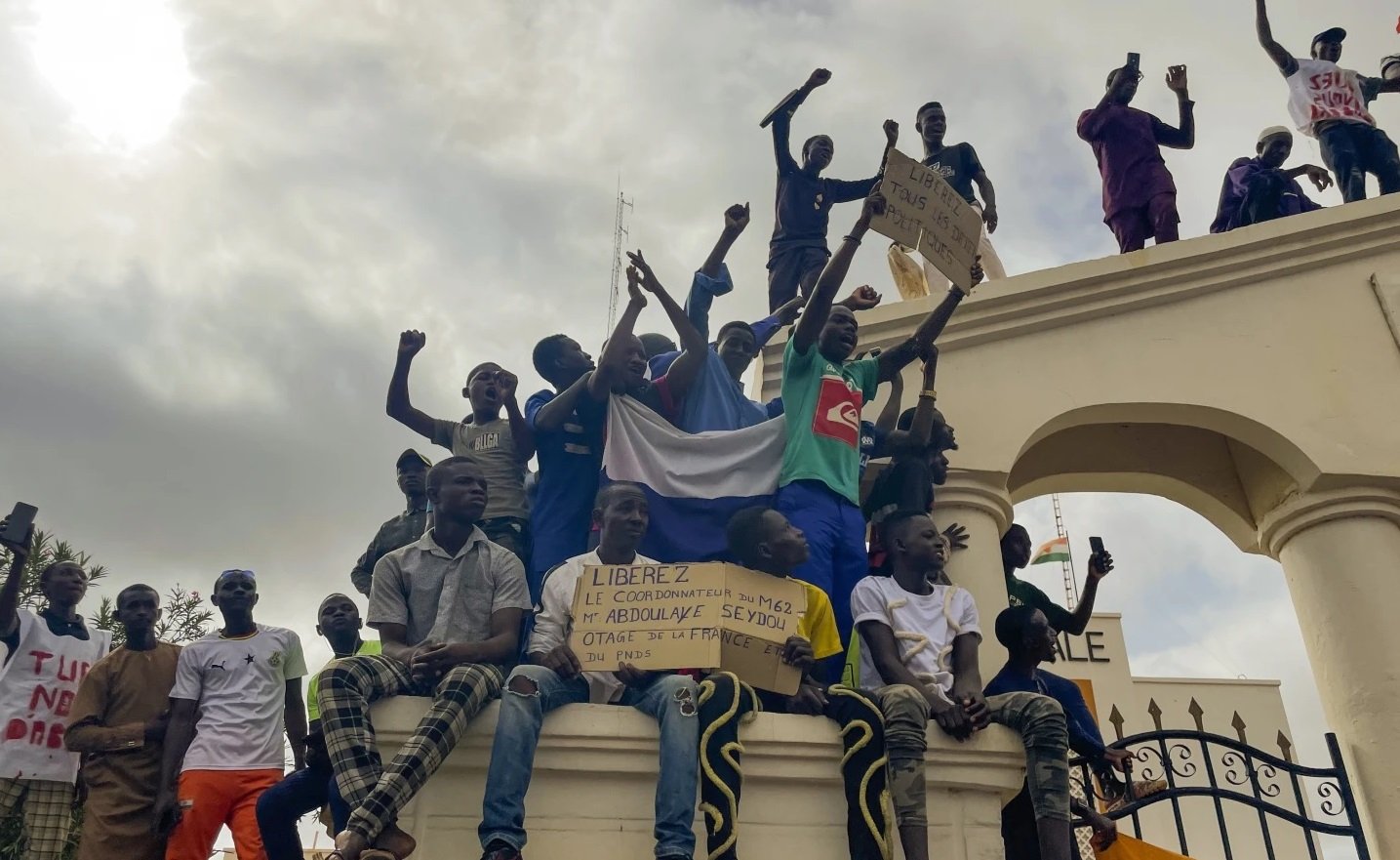
Military intervention in Niger is believed to not solve the problem, but could make the situation more unstable and cause more suffering for the Nigerien people. Photo: AP
“I fear that the military government will be willing to use its own people as cannon fodder…, while the ECOWAS military is not very good at handling situations like this,” said James Barnett, a West Africa specialist at the Hudson Institute.
Even if military intervention allowed ECOWAS to remain in Niger as an anti-coup force, Powell said it would be bad for democracy, the country and the region. “It would make Mr Bazoum a foreign military president, and that would destroy his legitimacy.”
In addition, Nigeria, which is leading the ECOWAS intervention in Niger, may face challenges at home, where its military is battling insurgents across the northern and central regions of the country. Therefore, the Nigerian military’s focus on the Niger campaign will give insurgents more opportunities to cause trouble.
Hai Anh
Source



![[Photo] President of the Cuban National Assembly visits President Ho Chi Minh's Mausoleum](https://vphoto.vietnam.vn/thumb/1200x675/vietnam/resource/IMAGE/2025/10/1/39f1142310fc4dae9e3de4fcc9ac2ed0)
![[Photo] Hanoi morning of October 1: Prolonged flooding, people wade to work](https://vphoto.vietnam.vn/thumb/1200x675/vietnam/resource/IMAGE/2025/10/1/189be28938e3493fa26b2938efa2059e)


![[Photo] Keep your warehouse safe in all situations](https://vphoto.vietnam.vn/thumb/1200x675/vietnam/resource/IMAGE/2025/10/1/3eb4eceafe68497989865e7faa4e4d0e)
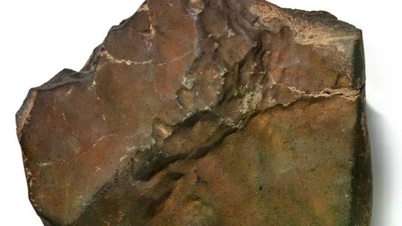




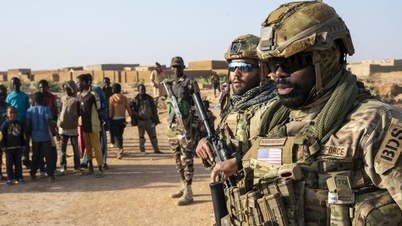




















































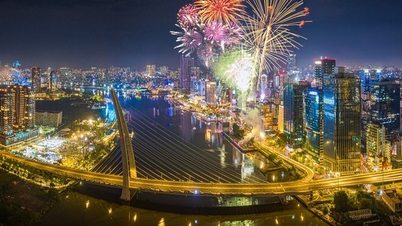

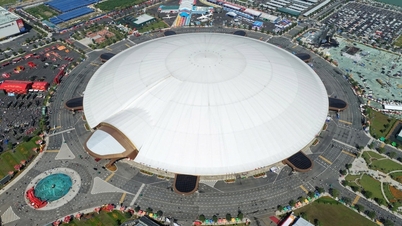




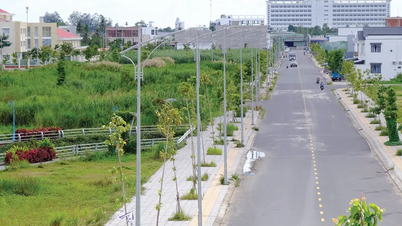

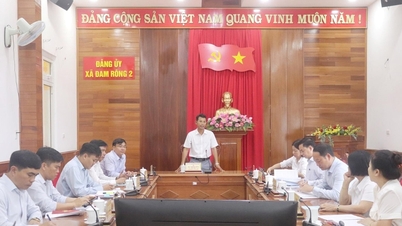

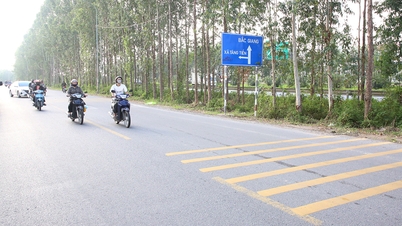

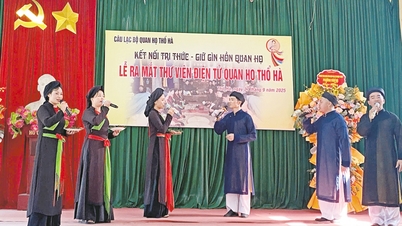
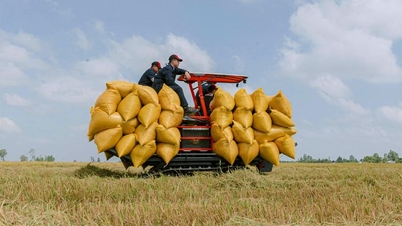

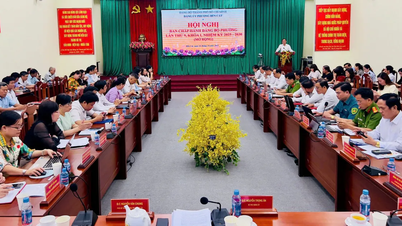















Comment (0)